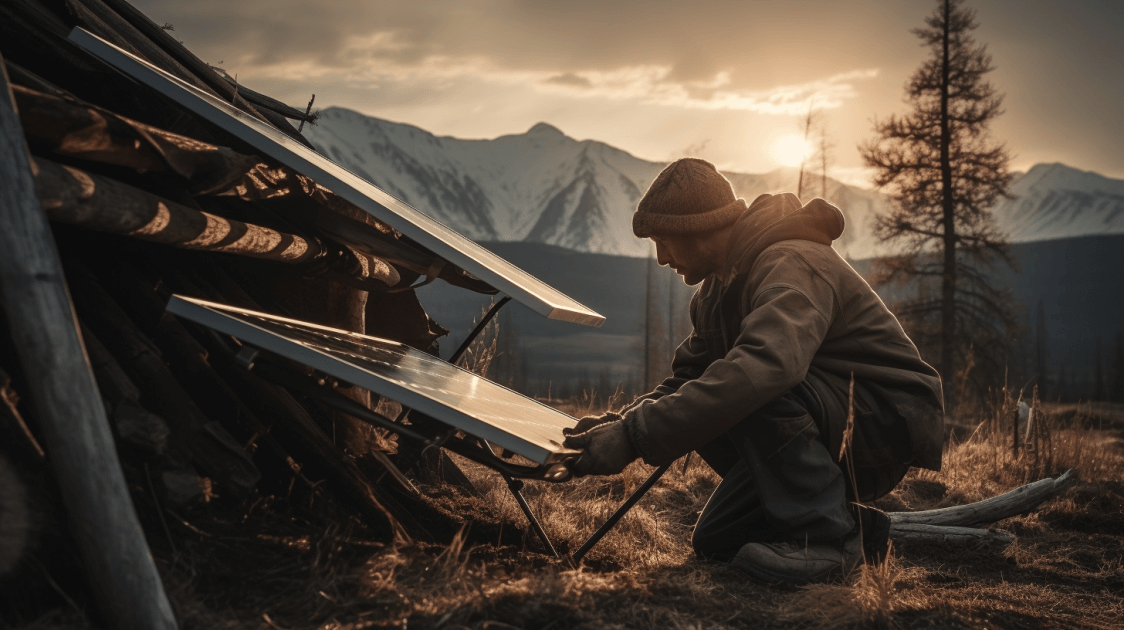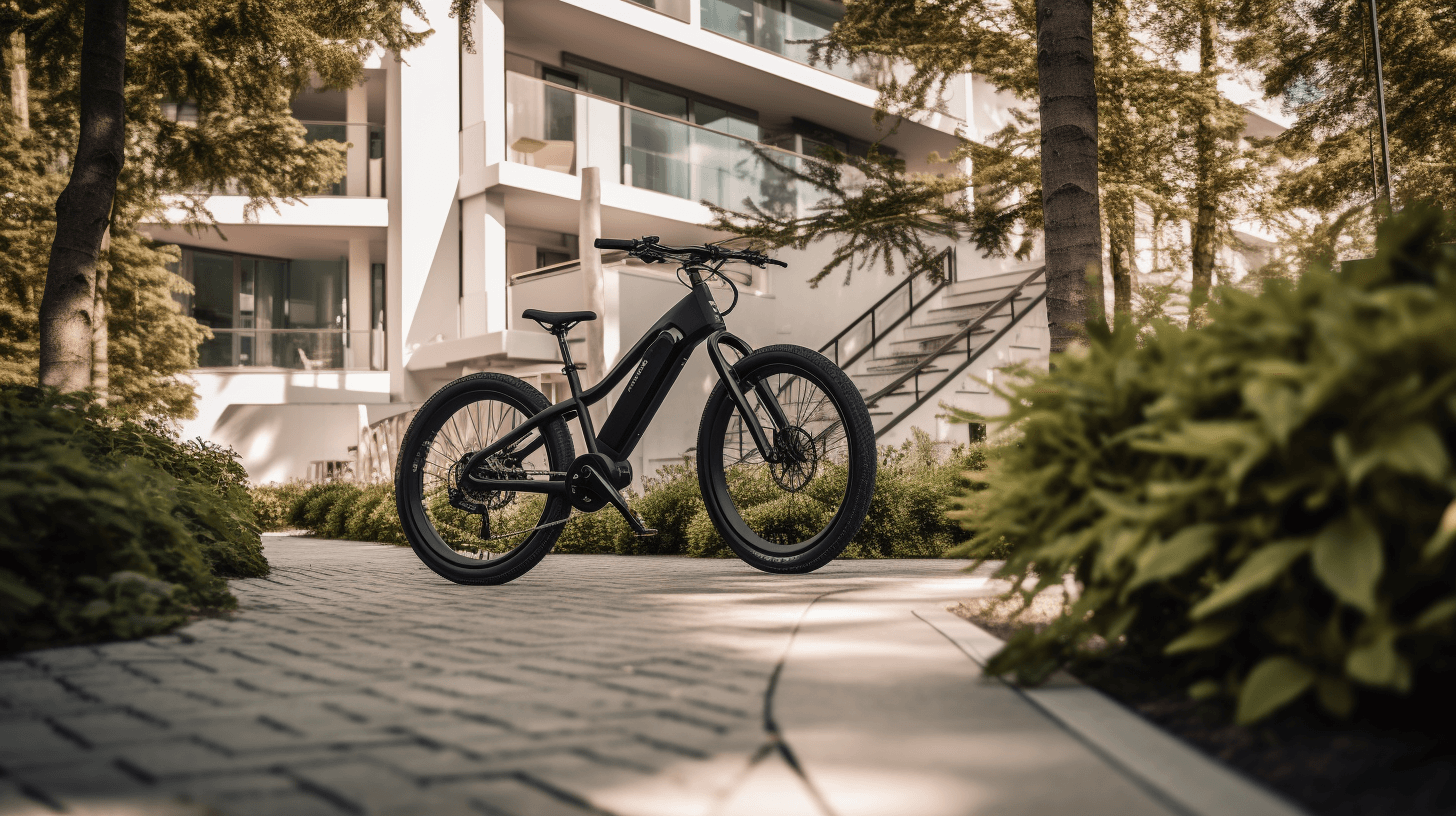Why Solar Panel Maintenance Matters
Solar panel maintenance is crucial for maximizing the benefits of your investment in solar energy. By properly maintaining your solar panels, you ensure their optimal performance and extend their lifespan, resulting in more significant energy production and savings. In this section, we’ll explore the importance of solar panel maintenance and how it contributes to the longevity and efficiency of your system.
Extending Your Solar Panels’ Lifespan
Regular solar panel maintenance can significantly impact the lifespan of your solar panel system. A well-maintained system can last up to 25-30 years or more, whereas a neglected system may experience a reduced lifespan due to damage, wear, and tear. By taking the time to inspect, clean, and address any issues with your solar panels, you can protect your investment and enjoy the benefits of solar energy for years to come.
Ensuring Maximum Efficiency
Solar panels operate at their best when they are clean and free of debris, dust, or other obstructions. Regular solar panel maintenance, including cleaning and inspection, helps maintain the efficiency of your system by ensuring that your panels receive the maximum amount of sunlight. Higher efficiency translates to more energy production and greater savings on your energy bills.
Regular Solar Panel Inspection
Conducting regular solar panel inspections is a crucial aspect of solar panel maintenance. By inspecting your solar panels, you can identify potential issues before they become more significant problems, helping you maintain the efficiency and longevity of your system.
What to Look for During an Inspection
When inspecting your solar panels, you should look for signs of dirt and debris, bird droppings, and any shading caused by trees or nearby structures. Additionally, check for signs of damage, such as cracks, chips, or discoloration on the panels. Inspect the mounting system for any signs of rust, corrosion, or loosening, and verify that all wiring and connections are secure and in good condition.
How Often to Inspect Your Solar Panels
As a general guideline, you should inspect your solar panels at least twice a year. However, the frequency of inspection may vary depending on your location, the climate, and other factors that may influence the condition of your solar panels. For example, if you live in an area with frequent dust storms, heavy snowfall, or high pollen levels, you may need to inspect your solar panels more frequently.
Essential Solar Panel Cleaning Techniques
Proper solar panel cleaning is essential for maintaining the efficiency and performance of your solar panel system. In this section, we’ll explore when and how often to clean your solar panels, as well as the tools and materials you’ll need to get the job done safely.
When and How Often to Clean Your Solar Panels
The frequency of solar panel cleaning will depend on your location, climate, and the amount of dirt and debris in your environment. As a general rule, it’s a good idea to clean your solar panels at least once or twice a year. However, in areas with higher levels of dust, pollution, or bird activity, more frequent cleaning may be necessary to ensure optimal performance.
Cleaning Tools and Materials
To clean your solar panels, you’ll need a soft brush or sponge, a squeegee, a bucket of water, and a mild, non-abrasive detergent. Be sure to use gentle cleaning tools and materials to avoid scratching or damaging your solar panels.
Safety Precautions for Solar Panel Cleaning
Safety should always be a top priority when cleaning your solar panels. If your panels are mounted on the roof, ensure that you use proper safety equipment, such as a harness and non-slip footwear. Avoid cleaning your solar panels during the hottest part of the day or when the panels are wet, as this can increase the risk of injury due to slipping. If you’re not comfortable working at heights or have concerns about your safety, consider hiring a professional solar panel cleaning service.
Addressing Common Solar Panel Issues
Beyond regular cleaning and inspection, it’s essential to address any issues that may arise with your solar panels promptly. In this section, we’ll discuss common solar panel problems and how to deal with them effectively.
Dealing with Dirt and Debris
Dirt, debris, and other particles can accumulate on your solar panels, reducing their efficiency and potentially causing damage. To remove dirt and debris, use a soft brush or sponge and gently wipe the surface of your panels. Be cautious not to scratch or damage the panels during the cleaning process. For stubborn dirt or bird droppings, you may need to use a mild detergent mixed with water.
Identifying and Fixing Damaged Solar Panels
During your regular inspections, if you notice any cracks, chips, or discoloration on your solar panels, it’s essential to address these issues as soon as possible. Depending on the severity of the damage, you may need to repair or replace the affected panel. If you’re unsure how to proceed, consult a professional solar panel technician for guidance.
Protecting Your Solar Panels from External Factors
In addition to cleaning and inspection, taking steps to protect your solar panels from external factors can help prolong their lifespan and maintain their efficiency. In this section, we’ll discuss strategies for managing shade, and vegetation, and weatherproofing your solar panel system.
Managing Shade and Vegetation
Shade can significantly impact the performance of your solar panels, so it’s essential to minimize shading as much as possible. Keep nearby trees and vegetation trimmed to prevent them from casting shadows on your solar panels. Also, ensure that any structures, such as chimneys or satellite dishes, do not block sunlight from reaching your panels.
Weatherproofing Your Solar Panel System
Solar panels are designed to withstand various weather conditions, but taking steps to weatherproof your system can help prevent potential damage. Ensure that your solar panel mounting system is secure and in good condition, and check for any signs of rust or corrosion. If your system uses a solar power inverter, ensure it’s adequately protected from the elements. Regularly inspect and clean your solar panels after extreme weather events, such as heavy rain, snow, or hail.
Professional Solar Panel Maintenance and Care
While regular DIY maintenance is essential, sometimes it’s necessary to call in professionals to ensure your solar panels are in top condition. In this section, we’ll discuss when to seek professional help and what to expect from a professional maintenance service.
When to Call in the Experts
You should consider calling a professional solar panel maintenance service if you notice any severe damage or issues that you’re not comfortable addressing yourself, such as broken panels, loose mounting hardware, or faulty wiring. Additionally, if your solar panels are challenging to access or you have concerns about your safety when cleaning or inspecting the panels, a professional service can provide the necessary expertise and equipment to handle the task safely.
What to Expect from a Professional Maintenance Service
A professional solar panel maintenance service will typically include a thorough inspection of your solar panels, mounting system, wiring, and connections. They will also clean your solar panels using specialized equipment and techniques to ensure the job is done safely and effectively. If any repairs or replacements are required, the professional service will provide recommendations and perform the necessary work. Regular professional maintenance can help keep your solar panel system running at peak efficiency and extend its lifespan.
Monitoring Your Solar Panel System Performance
Monitoring your solar panel system’s performance can provide valuable insights into its efficiency and help you optimize your maintenance schedule. In this section, we’ll discuss how tracking energy production can inform your solar panel maintenance practices.
Tracking Energy Production
Most modern solar panel systems come with monitoring software that allows you to track your system’s energy production in real-time. This data can help you identify patterns and trends, such as reduced energy production due to dirt buildup on the panels or shading from nearby trees. By monitoring your solar panels’ performance, you can adjust your maintenance schedule to address these issues promptly and maintain optimal efficiency.
Using Performance Monitoring to Optimize Maintenance
Regularly reviewing your solar panel system’s performance data can help you identify the ideal time for cleaning and inspection. For example, if you notice a consistent decline in energy production after a specific period, you can schedule maintenance to coincide with that timeframe. Monitoring your system’s performance can also alert you to potential issues that require professional attention, such as a malfunctioning inverter or damaged panel.
Final Thoughts on Solar Panel Maintenance
Investing in solar panel maintenance is crucial to protect your investment and ensure the optimal performance of your solar panel system. By following the tips outlined in this article, you can effectively clean and maintain your solar panels, extending their lifespan and maximizing their efficiency.
Investing in Long-Term Solar Panel Care
Proper solar panel maintenance is an ongoing process that requires diligence and commitment. Regular inspections, cleaning, and addressing any issues as they arise will help keep your solar panel system running smoothly and efficiently for years to come.
Reaping the Rewards of Proper Solar Panel Maintenance
By prioritizing solar panel maintenance, you can enjoy the numerous benefits of solar energy, including lower energy bills, reduced carbon emissions, and increased energy independence. Taking care of your solar panels is not only a smart financial decision but also an environmentally responsible one.
We hope this guide has provided you with valuable information and best practices for maintaining and cleaning your solar panels. Don’t forget to subscribe to our newsletter for more tips, updates, and recommended articles to help you get the most out of your solar energy investment.



